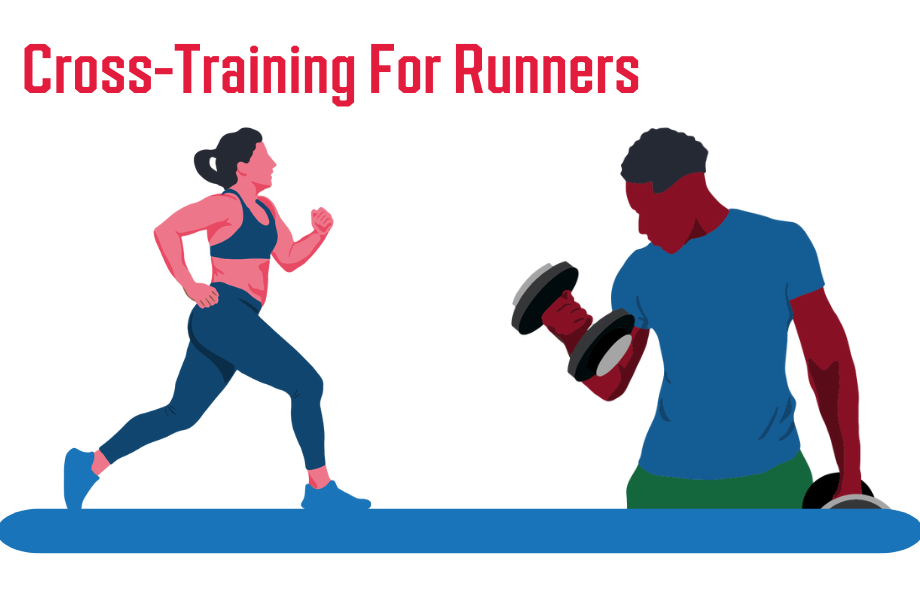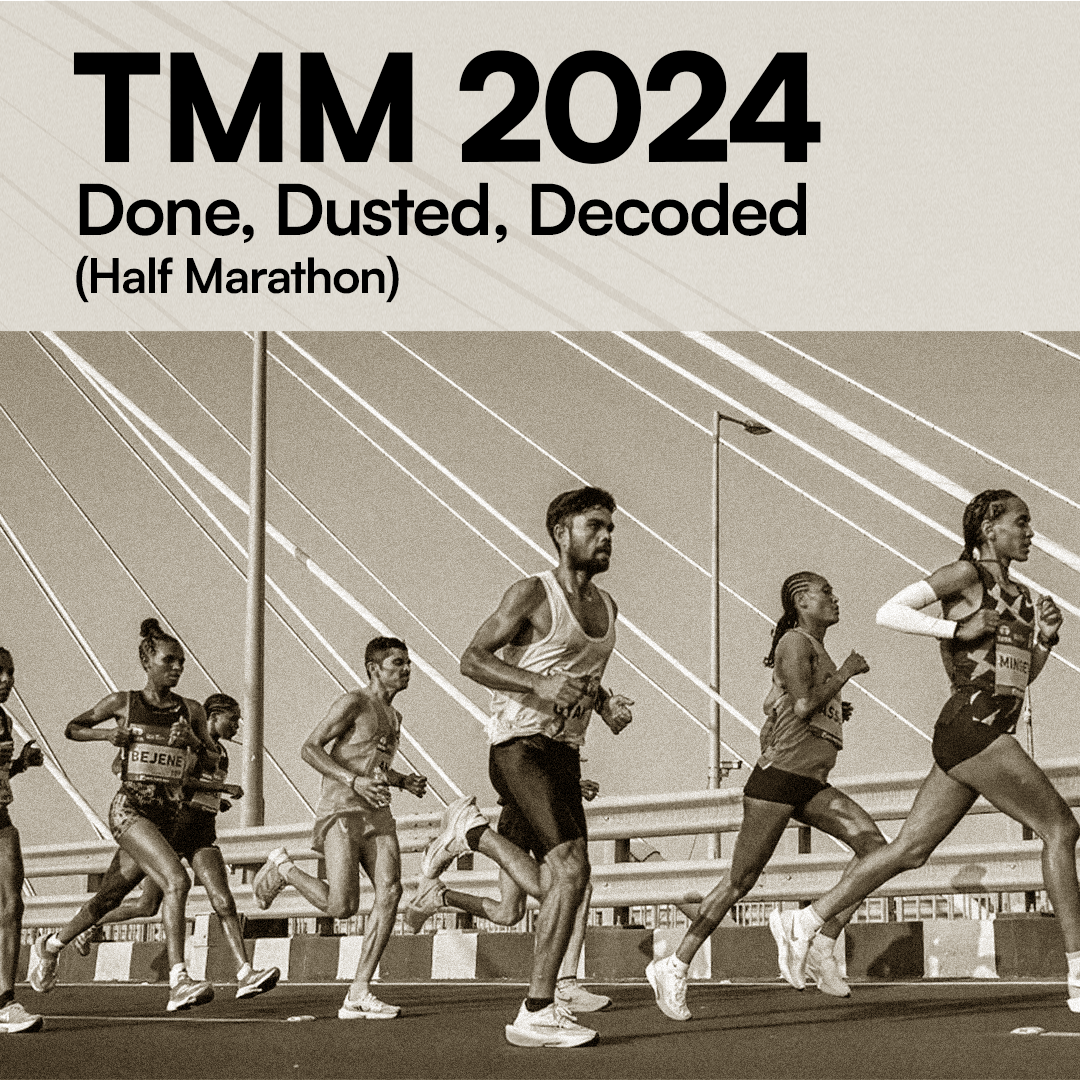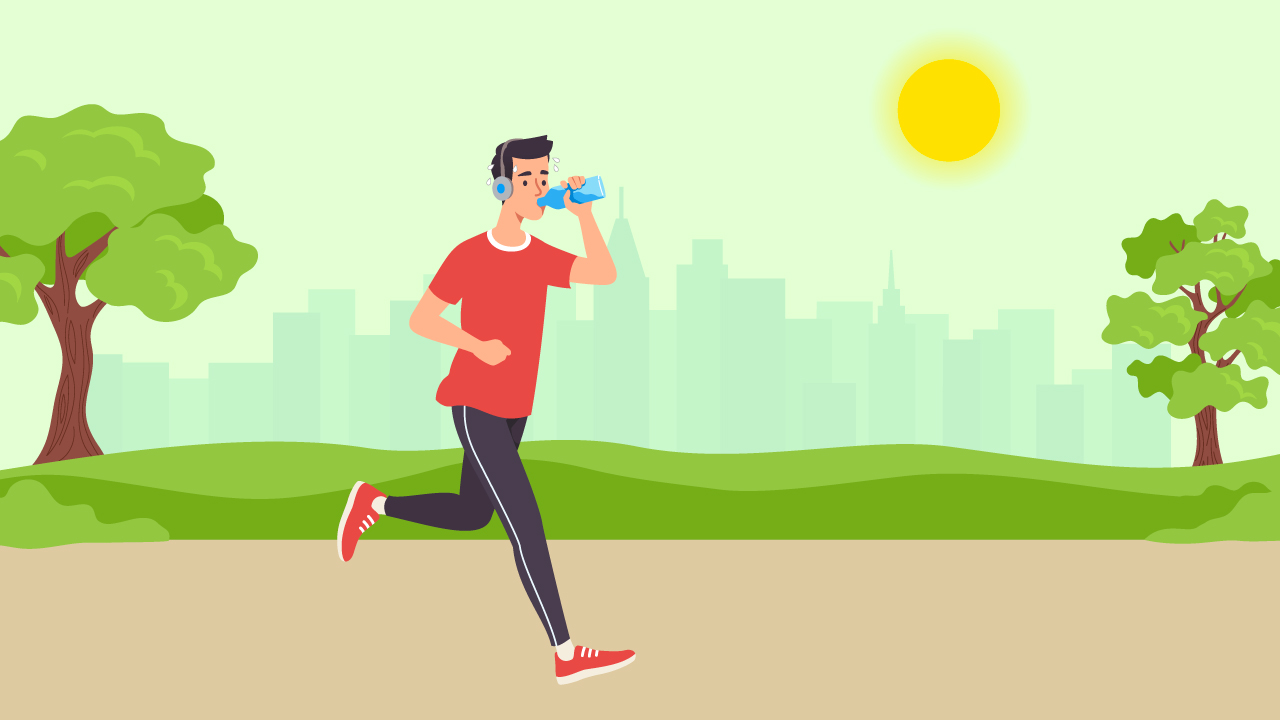
How to Recover from a Marathon

Running a marathon is no mean feat. It takes a lot of preparation, effort, motivation, and determination to train for and complete one. Crossing the finish line after racing for 42.195km can be physically and mentally challenging. So, it’s imperative to have a sound post-marathon recovery plan as part of the process of your training.
To highlight the importance of recovery after a marathon, let us first understand what happens to your body when you undertake one.
Why is post-marathon recovery necessary?
Whether you aced your run or struggled to complete the race, your muscles, tendons, ligaments, and almost every other physiological system are challenged during a marathon. In other words, your body undergoes immense physical stress.
Research suggests that running a marathon may cause inflammation and necrosis (death) of the muscle fibers, which can impact your muscle power. This may play a significant role in the soreness you feel post-marathon. It indicates that your muscles may get weak and require adequate recovery before you resume training.
Higher levels of creatinine kinase, an enzyme, can be indicative of skeletal muscle damage. A study found that high levels of creatinine kinase lasted for more than a week following a marathon, suggesting that your body needs to rest and recover well from the muscle damage induced by the marathon
A few effects of these physiological damages are pain, soreness, and fatigue. You need to follow a step-by-step recovery process to ensure that your body heals and recovers well and you are ready to get back to regular training.
Here is a post-marathon recovery plan that can help you in getting adequate rest, after which you may focus on your next fitness goal.
1. Immediately after crossing the finish line
You have just completed a race that is 42.195km long and your body is still in marathon mode. So, it becomes necessary to gradually bring your vitals down to resting levels. What you do just after a race can make a lot of difference in how well you recover. Here is the process that you may follow:
Walk
Although your first thought might be to go and lie down somewhere, it is not the best way to start your recovery. Active recovery starts at the finish line. So, it is recommended to keep walking slowly for 15-20 minutes around the finish area as you drink and eat. Walking helps bring down your heart rate slowly. Additionally, it helps prevent cramping by improving circulation and clearing lactic acid accumulation.
Change into a fresh pair of clothes
Visit the washroom near the finish area and splash water on your face, arms, and legs. Then, wipe off any excess sweat. Also, keep a fresh set of clothes ready, as it is suggested to immediately change into dry clothes to avoid the risk of fungal or bacterial infections.
Hydrate
Fluids lost in sweat are a function of environmental conditions and hydration levels. Rehydrate your body immediately after the marathon. Find the nearest aid station at the finish line and hydrate by drinking water and electrolytes. You can also have sports drinks, lemonade, or coconut water with added salt. While running, you not only lose water through sweat but also sodium. Drinking only water to rehydrate can increase the risk of developing hyponatremia, a condition that causes a low concentration of sodium in the blood, which can result in nausea or muscle cramps. Avoid having caffeine or alcohol, as they can dehydrate you further.
Eat
Your body has been depleted of its carbohydrate reserves as a result of providing fuel for the marathon. So, it is essential to have a quick snack immediately after the marathon to replenish the carb and protein reserves. Research suggests that the window of optimal recovery lies within the first 30 minutes after prolonged exercise. Eat a snack that consists of carbohydrates and protein in the ratio of 3:1. The best option is to eat foods that are high in simple sugars as these are absorbed fast in the body. Think energy bars, fruit juice, bananas, biscuits, bread, and jam.
Also read: How Does Nutrition Help in Exercise Recovery?
Stretch
Stretching post-marathon is as important as warming up before the event. Benefits of stretching include improving the range of motion and flexibility. They target the specific muscles that often get tight after running. Static stretches are commonly a part of the cool-down process. While doing these stretches, you stretch a muscle to its farthest point and hold it at that position without movement. These stretches target particular muscle groups. Some of the common stretches that you can do are quad stretch, calf stretch, and hamstring stretch.
2. Rest of the day
Eat a well-balanced, healthy meal comprising foods with sufficient carbohydrate and protein content, such as whole grains, vegetables, fruits, nuts, and lean meat or plant-based protein. Continue to hydrate well to ensure proper digestion. By this time, you may feel the need to urinate. Check to see that your urine is clear and not dark. If the color of your urine is dark, it may indicate that you have not hydrated well enough. In this case, continue to drink more water and electrolytes.
You can also schedule a light massage to help you relax and destress in the evening of the marathon or the next day. A gentle massage for runners like Swedish massage can aid in recovery without putting further strain on your muscles.
Avoid sitting down or remaining stationary for long. It is advisable to stay on your feet periodically for the remaining duration of the day. Your body needs rest, so aim to get at least seven to nine hours of sleep.
3. Within a week of the marathon
As a runner, you may be tempted to resume your running routine. Even if you feel minimal soreness or fatigue, it may be counterproductive to dive back into training right away because your body needs to recover, and without complete recovery, you risk an injury.
Avoid any strenuous activities like speed workouts or strength training for at least a week after your marathon
However, it is crucial that you engage in some form of light exercise or low-impact cross-training activities, such as swimming, cycling, or yoga as they help in improving circulation and recovery.
Walking, which is also a low-impact workout, is an effective way to stay active without overstressing yourself. Walking for 20–30 minutes can help activate your muscles. Focus on incorporating easy walks three to four days a week with adequate rest and recovery. Follow a balanced diet that contains whole grains, vegetables, fruits, and protein. Also, make sure to consume enough carbohydrates to replenish the depleted muscle glycogen stores and adequate protein to aid in recovery.
On the sixth or seventh day, go for a short, easy-paced run of about 6km-8km. However, if you feel fatigued, stop and continue walking. Stretch after every workout by focusing on your calves, quads, glutes, and hamstrings.
Just like your training period, sleep plays a significant role even in recovery. So, do not overlook this aspect. As you recover from your marathon efforts, continue sleeping for seven to nine hours every night.
Also read: What Role Does Sleep Play in Running Performance?
4. Second week after the marathon
If you still feel sore, continue doing cross-training exercises and low-impact workouts throughout the week. You can take up yoga, cycling, or swimming as alternative exercises. Follow a balanced diet focusing on adequate intake of carbohydrates, protein, and healthy fats. Also, hydrate yourself throughout the day by drinking water and electrolytes.
5. Ease back into training
The recovery process of a full marathon can take anywhere between four to six weeks. However, resume any intense training only after you have completely recovered.
Incorporate easy runs that last for 30-60 minutes at a conversational pace mid-week, so that you can build progressively in the following weeks. Additionally, include a long run of 75-90 minutes on the weekend. If you continue to feel well, slowly ease back into your pre-marathon training routine by gradually increasing the distance and time.
Crossing the finish line of a marathon is nothing short of commendable. After months of training, effort, and dedication, completing a marathon is an achievement. However, post-marathon recovery is as necessary as your training. When you do not take enough time to recover, it often leads to injuries or overtraining. When you follow a holistic recovery strategy, your body will fully recover from the stress and be ready to run the next marathon.
References
1. Hikida RS, Staron RS, Hagerman FC, et al. Muscle fiber necrosis associated with human marathon runners. J Neurol Sci 1983; 59: 185-203.
2. Tsai K, Hsu TG, Hsu KM, et al. Oxidative DNA damage in human peripheral leukocytes induced by massive aerobic exercise. Free Radic Biol Med 2001; 31: 1465-72.













